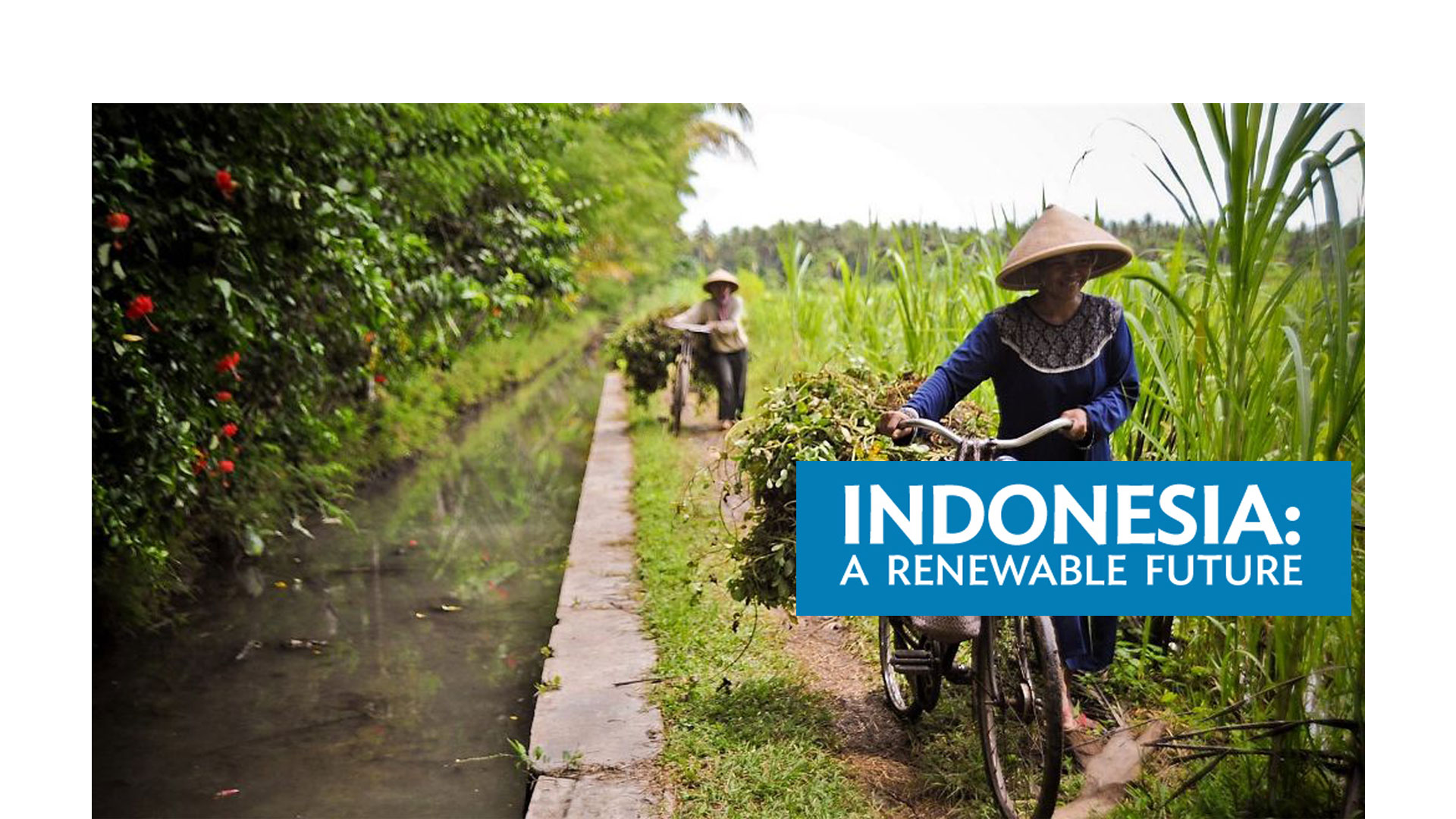
Comms Prof sheds light to help isolated communities in Indonesia
Professor of Corporate Communications Anne Gregory helps the Indonesian Government in its efforts to offer renewable energy technology to isolated communities
POOR levels of communication can mean that isolated villages in Indonesia are failing to utilise sustainable technology such as solar power, installed by their government and designed to transform their economic fortunes. Now, Professor Anne Gregory at the University of Huddersfield is heading a project that will result in practical ways of encouraging the take-up of technology in traditional communities.
story continues below...

The research, commissioned by the British Council, focusses on Indonesia, but the solutions that emerge will be relevant to all developing countries. The project still has months to run, but is already being cited as a valuable case study in the field of science communication.
Professor Gregory holds the Chair of Corporate Communication at the University of Huddersfield Business School. For the British Council-funded project she is collaborating with Dr Gregoria Yudarwati, who is Deputy Dean of the Faculty of Social and Political Sciences Universitas Atma Jaya, in Yogyakarta, Indonesia, where the government has a policy of encouraging rural communities to use sustainable energy resources as such solar, micro hydro and biogas, rather than relying on centrally-generated electricity, which can be intermittent or not available at all.
Professor Gregory and her co-researchers are working with several Indonesian villages where the sustainable technology is now in place.
Getting the communities to adopt and exploit the technology is the problem – and that’s a communication issue
Professor Anne Gregory
“A scientist can go in and say this is how the technology works and we’ll train you mechanically, but nobody talks to the people about the potential of it in a way that makes sense to the community,” said Professor Gregory.
Therefore, the British Council grant was awarded to help with the communication issues around the adoption of sustainable technology in rural Indonesia. Fieldwork and research are ongoing – Professor Gregory and her University of Huddersfield colleague Dr Johanna Fawkes have paid visits to Indonesia and met local communities and government officials – and the output will be a highly-practical communication blueprint.
“It will be a plan that can be adapted for different situations,” said Professor Gregory. “For example, what do you do if you are trying to get a village to adopt one of these projects and they don’t know anything about the technology? What are the communication issues and what do you do once the technology is installed? How do you keep the community engaged? How is the communication between villagers and local government done smoothly? Who do they go to when they have issues about, for example, maintenance?”
story continues below...

Professor Gregory and her collaborators are using an approach named “Appreciative Enquiry”.
“It is about trying to get people to imagine the future. For example, what could happen in the community if the lights were on in the school after dark; if you had a workshop with reliable energy 24 hours a day; if the women, instead of having to wash clothes by hand, had a communal laundrette, etc.”
The aim is that when the blueprint is finalised, it will be piloted throughout Indonesia. It should also have relevance to other parts of the developing world. The British Council is impressed by the progress so far and when it recently held a science journalism workshop in Surabaya, the University of Huddersfield project was used as case study for one of the sessions.
The event, intended to improve standards of science and technology communication, was a prestigious one, with participants who included selected journalists and ten researchers who had received coveted backing from the British Council’s Newton Fund.